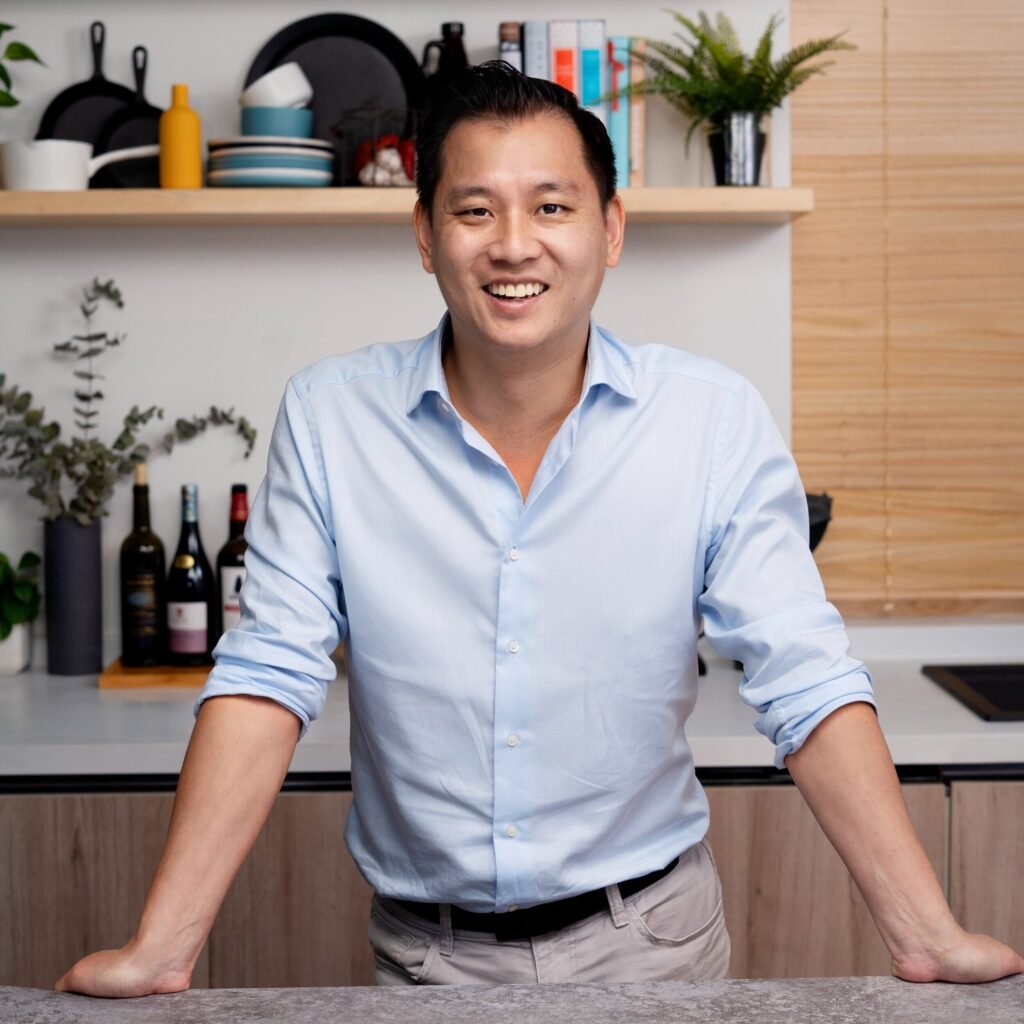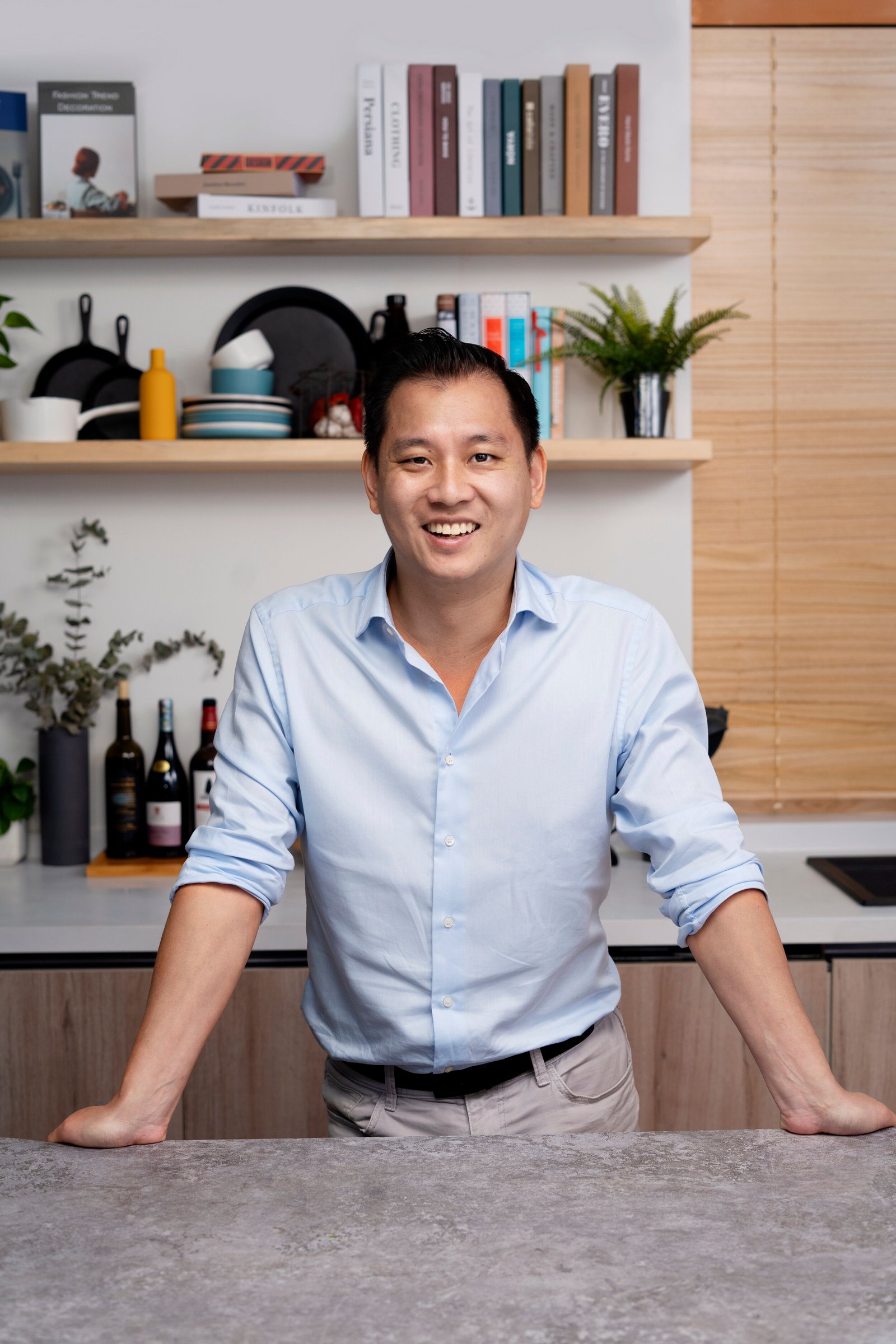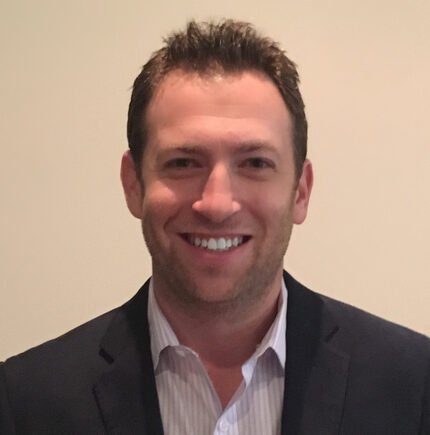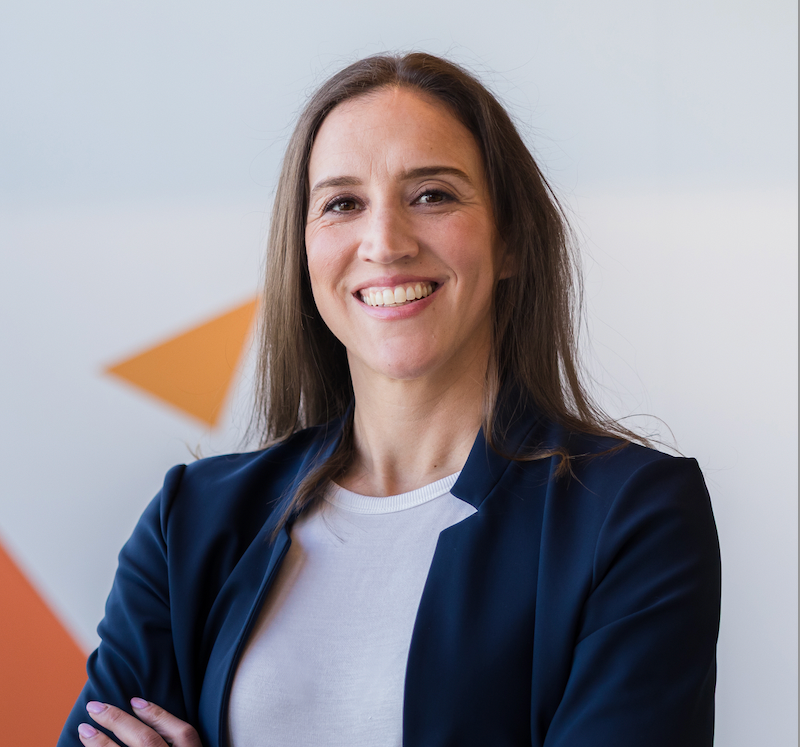I recently went one on one with Kevin Yu, founder and CEO of SideChef.
Adam: Thanks again for taking the time to share your advice. First things first, though, I am sure readers would love to learn more about you. How did you get here? What experiences, failures, setbacks or challenges have been most instrumental to your growth?
Kevin: Thanks, Adam, for having me. Beyond the very important standards of persistence and tenacity, I’d say playing video games was a huge part of how I got here. If 10,000 hours is needed to gain a mastery of something, then those hours spent simulating being the mayor of a city, general of an army, or even leading raids (groups of real-life people in a game environment) to take down menacing dragons, showed me that failure—again and again—is a part of success. The change of ‘simulations’ always kept showing me different challenges, whether it be resource management, or balancing traffic by installing a new metro line into your city, it always kept me looking for solutions to problems, and then cemented it into habit. I still can’t think of a single book or class session, that has allowed me to learn by doing, fail, adapt and learn, often several times within that same period of time.
Adam: How did you come up with your business idea? What advice do you have for others on how to come up with great ideas?
Kevin: This was actually a TEDx talk (on YouTube) that I gave called: How to come up with your next big idea. Great ideas are born from the crossing of existing ideas. A horse-drawn carriage during the time of industrialization replaced the horse with a mechanical horsepower, the engine. The cell phone crossed with a PDA (personal digital assistant) and a camera became a smartphone. Then everyone overnight became a photographer, and someone crossed their current social media with photoshop filters, and Instagram was born. SideChef was born from myself not knowing how to cook and wishing there was a GPS style guidance to learn, and then we became the first step-by-step cooking app. Then we thought getting groceries was tedious and we allowed recipes to be ‘added to cart,’ to allow all the ingredients to be purchasable in one click and fulfilled by local grocers such as Amazon Fresh and Walmart. As long as you keep crossing the ideas of our time where it makes sense for the user, the innovation will naturally continue.
Adam: How did you know your business idea was worth pursuing? What advice do you have on how to best test a business idea?
Kevin: Games, as mentioned before, oftentimes taught me how to solve loads of problems. But the best games allowed me to have my own creative vision, and then to solve problems to bring that into reality. I believe any business idea that solves a real customer problem today is good to pursue. But similarly, if you can have a new vision of how to do something better, that can be much more powerful of a reason to pursue that idea. As they say, Henry Ford wasn’t just trying to make a faster horse-drawn carriage.
For testing ideas, the popular “lean startup” process of getting an MVP (minimum viable product) into the hands of your customers to receive feedback is very effective. Your objective is to find out what is working and not working as fast as possible and to make changes, and try again, in as many cycles as possible until you’ve got a great product or experience that your specific customers love.
Adam: What are the key steps you have taken to grow your business? What advice do you have for others on how to take their businesses to the next level?
Kevin: Your vision for your business will attract the opportunities and people to it, which will be the means to take your business to the next level. The harder thing is to figure out what is that vision? If you believe quality will define your business, those are the opportunities and people you’ll attract and need to execute. If you believe quantity will define your business, again, those are the opportunities and people you’ll attract and need. We believe similar to how we go to Netflix for entertainment and Uber for transportation, there will be a single destination one goes for home cooking—SideChef. We are making that a reality by partnering and building with various groups: recipe creators, kitchen manufacturers, food companies, and grocers all around the world.
Adam: What are your best sales and marketing tips?
Kevin: Personally spend time walking people through your product or service until they get to that “aha” moment. Keep doing this until you really get to know what makes them arrive and that moment and fully understand who they are – again and again. When you have a strong understanding, only then, do you figure out how marketing and sales and target that demographic that you know inside and out.
Adam: In your experience, what are the defining qualities of an effective leader? How can leaders and aspiring leaders take their leadership skills to the next level?
Kevin: Leaders allow people to be the best in themselves while achieving something the group couldn’t have done individually. If you can consistently allow both scenarios to consistently happen together – you’re displaying some epic leadership. Want to take that to the next level? Well, beyond that term being taken from video games, I do believe one should find the environment where they can practice being in that scenario again and again, without fear of failure.
Adam: What is your best advice on building, leading and managing teams?
Kevin: Trust yourself, before you ask others to trust you. Know your values, strengths, weaknesses, and your chosen purpose, because much like how a vision attracts opportunity and talent, who you are will influence what your team looks like and needs from you to grow.
Adam: What are your three best tips applicable to entrepreneurs, executives and civic leaders?
Kevin: Particularly to these three groups – don’t just have an objective, have an eye-opening inspiring vision of a better world, for however large or small a demographic. It isn’t cheesy. It isn’t cliché. When we fixate only on solving problems, we forget the paradigm shifts come from people who break the rules by creating a new world with new rules and inevitably new problems (often making previous problems obsolete).
Adam: What is the single best piece of advice you have ever received?
Kevin: A mentor once told me, oftentimes people who succeed are not the smartest, the most well-financed, or the most charming – they are done by the people who believe they had no choice but to succeed.









